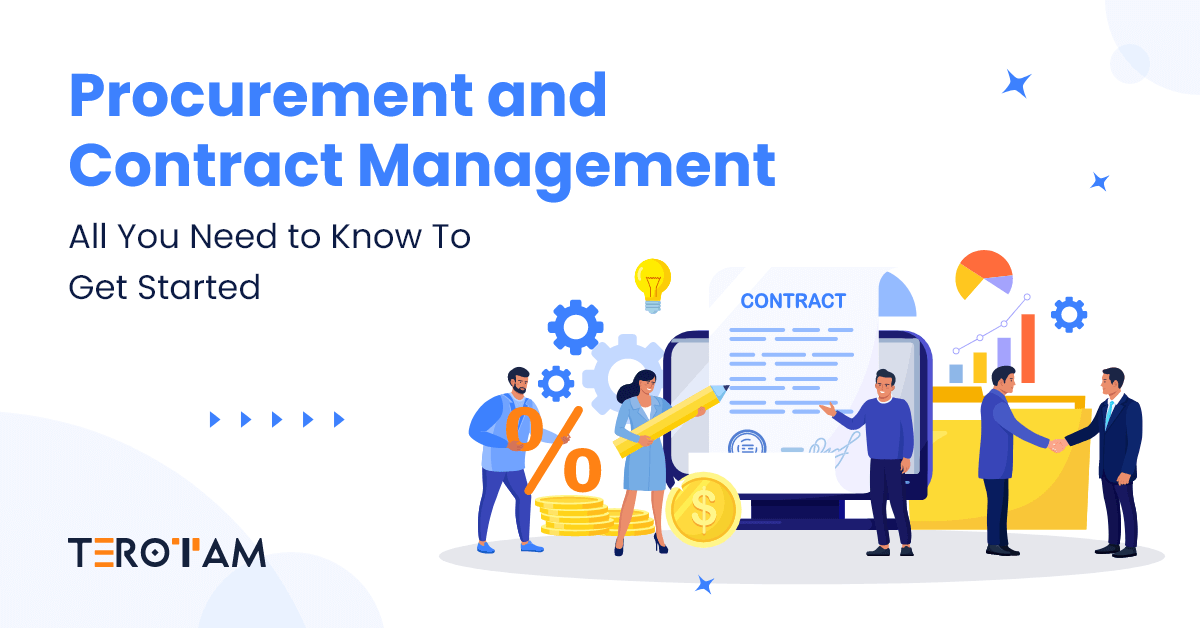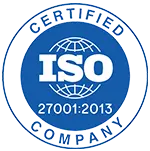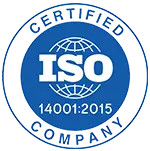Businesses operate through successful partnerships. Without other people’s cooperation, no organization can endure. Therefore, there are some basic rules that guide the relationship between two organizations whenever they collaborate. Business relationships and their ultimate objectives will suffer without these values. Contracts are written agreements that bind two or more parties and specify their obligations to one another.
Contracting and procurement are closely linked since procurement deals with the negotiating and carrying out of specific duties. As a result, a successful contract management plan is essential for ensuring an organization’s profitability. Sometimes, a single flaw in a contract for the purchase of goods might cost the company dearly. Let’s examine contract management’s importance in procurement in more detail.
The Objective of the Contract Management System
The goal of the agreement executives is to ensure that all parties fully and successfully fulfill their obligations under the agreement while delivering the financial and operational results that are necessary to fulfill the agreement’s requirements. Additionally, it safeguards group rights and ensures necessary performance when circumstances change.
The executives are similar to the board in their undertaking. Every agreement involves a minor task. It has a unique goal, uses resources, starts and ends on specific dates, calls for coordination and planning of important activities, as well as documents in an agreement record throughout the cycle.
What Does Procurement Contract Management Mean?
Your entire bottom line can suffer from procure-to-pay workflow inefficiencies brought on by procurement operations that are isolated from contract management systems. Fortunately, a source-to-contract lifecycle management suite that electronically centralizes vendors, contracts, and payment notifications makes it possible for procurement professionals to source vendors, attach contract records to sourcing records, and manage contracts. This allows for the integration of contract management within procurement.
You risk creating an inefficient and ineffective procure-to-pay process that lowers the bottom line for your company if contract lifecycle management is not integrated into procurement. Fortunately, electronic bidding procedures, sourcing records, vendor records, contract records, contract management processes from requests to renewals, and vendor contract spend tracking against procurement budgets can all be centrally managed by eProcurement software with integrated CLM software.
Why Does Procurement Need Contract Management? – The Efficiency and Demands of Procurement are Growing
A contract that specifies pricing, sources, terms, quality assurance procedures, and delivery dates is at the core of any procurement process. Whether your company handles the procurement of items or the procurement of numerous enterprises, effective contract administration will guarantee efficient operations.
Digital revolutions have been enhancing the efficiency of the procurement function for more than a decade. According to a 2019 study by the Hackett Group, 30–40% of procurement organizations have attested to achieving enterprise goals, optimizing the service delivery model, and improving performance, among many other advantages as a result of digital transformation, including the use of contract management software.
The procurement department needs cloud-based business applications and data management technology since corporate processes are becoming more complex. The following digital tools are now being used by procurement lifecycle functions across industries:
- Robotic Process Automation
- Internet-based procurement
- Management Of Data And Sophisticated Analytics
The Role of Contract Management in Procurement
Contracts are already known to be the corporate engine’s fuel. Although lawyers are directly involved in contracts, the procurement team is just as crucial to their success. After all, it is their responsibility to make sure that transactions move smoothly, to sustain positive working relationships with suppliers, to keep an eye on compliance, and to be aware of important contract dates and deadlines.
At these crucial phases in the contract lifecycle, procurement teams are involved:
- Sourcing and Assessing Suppliers during the pre-purchase phase
- Contract terms are negotiated
- Ensuring the sale of goods and services at a price that both parties can agree on
- Ensuring that goods and services meet all quality control requirements
- Confirming the timely, appropriate, and appropriate delivery of goods and services
- Monitoring the cost-effectiveness of vendor management
- Directing the procedure for contract renewal

Advantages of Procurement Contract Management
1. Streamlining the Acquisition Procedure
All vendor and other contracts are centrally stored in a competent procurement contract management system. The availability of contract information and service-level agreements (SLAs) in digital formats aids procurement teams in quick comparison and analysis. They become aware of every stage of the procurement process from beginning to end to help them identify the processes that are more expensive, creating bottlenecks, or just ineffective. Such software frequently enables simple contract viewing on a single dashboard for teams to study, search, and outline problems on a daily basis while helping them to make decisions more quickly and with greater knowledge.
2. Improving SLAs
On a regular basis, procurement teams manage not only contracts but also people and relationships. They feel more positioned to manage disputes professionally and without jeopardizing long-term vendor relationships if they have access to and can assess all the SLAs. Their vendor performance and measurement are displayed to them via contract management software. They acquire rational and equitable procedures for rewarding vendors and punishing underperformers. An organized way to manage vendors, contracts, performances, supplier categories, conditions, and history, among other things, is provided by contract management software like Revenue.
3. Putting Purchase Order Processing on Autopilot
The manual process of purchase and negotiation orders needs to be automated, which is one of the main problems facing procurement teams. Their time and energy are wasted, which results in decreased productivity and higher costs. Teams must develop a procurement plan with qualified suppliers before negotiating terms. If the screening is done manually, it takes the teams an eternity to reach an agreement, which delays the delivery of supplies. However, these teams may quickly access information on suppliers, corporate regulations, performance metrics, negotiating conditions, etc. if a company has contract management software in place. As a result, the creation of purchase orders is sped up, and templates can be saved for reuse in the future.
4. Forecasting and Planning
Any procurement procedure is based on the volume of sales and how quickly customers receive their ordered goods or services. This calls for forethought and preparation based on variables including shifting market trends, client preferences, potential sources of raw materials, vendor pricing models, assessments of the competition, and so forth. Without forecasting, which contract management software offers, a company cannot afford to make purchases.
5. Strengthening Compliance
Compliance is one of the main reasons firms keep developing their contract management procedure. These agreements aid in establishing the rules that you and your partners must abide by. The terms and conditions clearly state the legal repercussions should any party refuse to do so.
Streamline Your Procurement Contracts with TeroTAM
You can optimize value with the help of TeroTAM’s procurement management software and efficient contract management system. Asset management and monitoring software is essential for companies that work with contracts and agreements.
Many companies rely on spreadsheets, which are ineffective tools for managing procurement contracts. On a small scale, one may handle a small number of procurement contracts, but as businesses expand and their number of contracts increases, it becomes impossible to keep up.
Overall, TeroTAM’s procurement contract management system saves you a ton of money while enhancing the organization’s procurement process.





